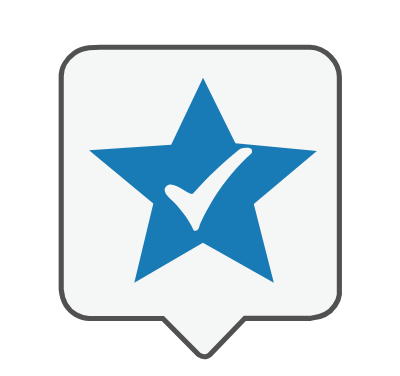How I Developed A $100K/Year Permissions Management SaaS
Hello! Who are you and what business did you start?
My name is Or and I’m the CEO and co-founder of Permit.io, co-maintainer, and author of the OSS project OPAL.ac. A serial entrepreneur who is passionate about developer tools, previously founding Rookout.com, a leading production debugging solution; and managing “Upwards”, the largest founders’ PLG community.
Before becoming a founder, I worked as a lead engineer in multiple cybersecurity and big data companies, the intelligence corps, as a consultant for the Ministry of Defense, and as VP R&D at Netline CT cyber division.
Prompting better and safer engineering I have been recognized as a Snyk Ambassador, and as a JFrog Superfrog
Permit.io is a Fullstack permissions service, we enable developers to bake in permissions and access control into their products within minutes, and scale and update policies on the fly.
So they can focus on actually building their core product.
We are catering to developers at dozens of companies of various sizes, already looking at a few $100K in ARR.




















